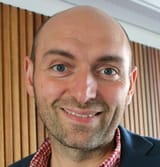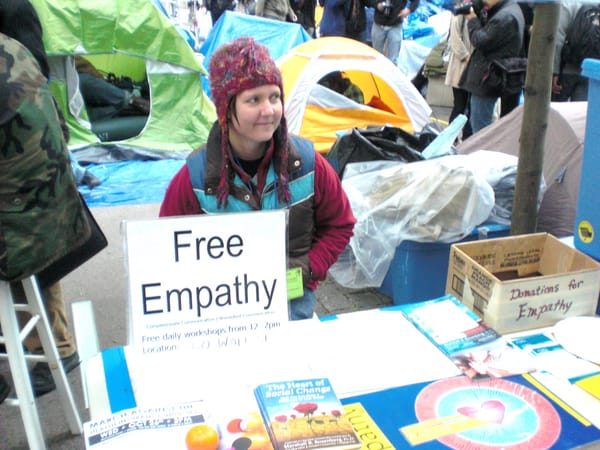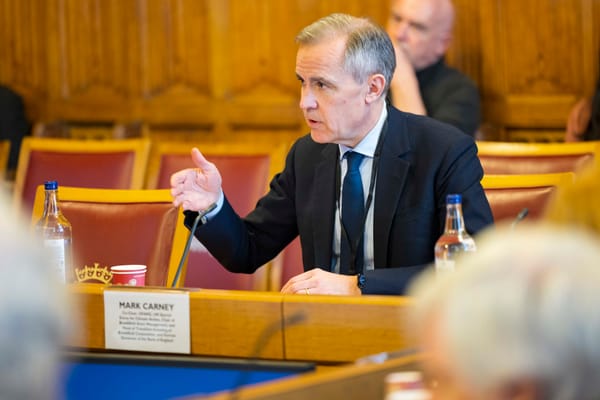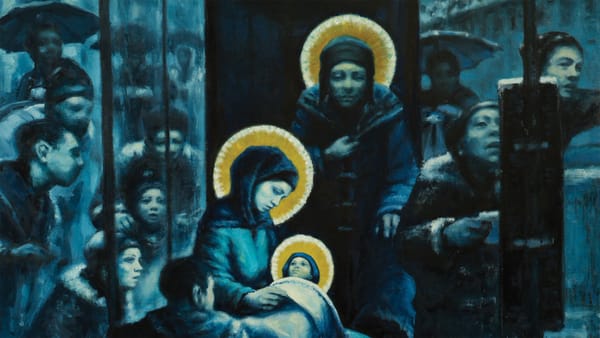The Curious and the Courageous
The people we need for the political reset we deserve.
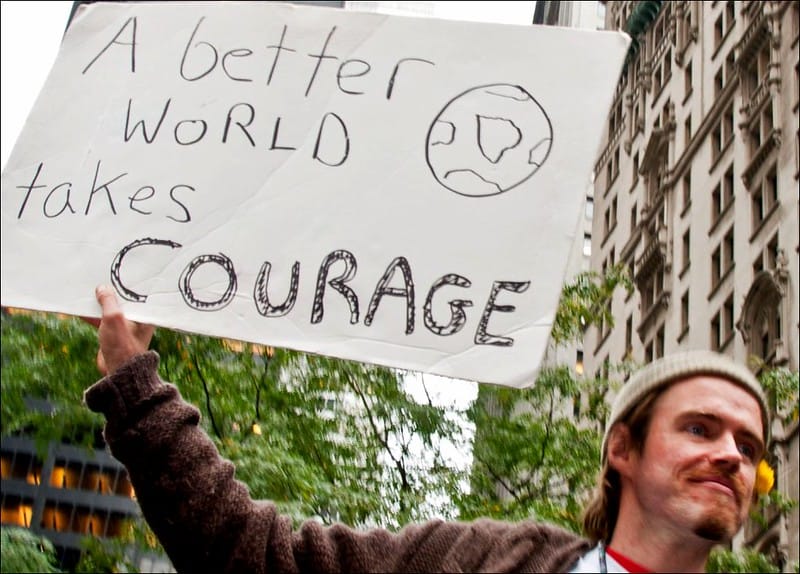
Let’s start with the curious.
A skill you can practice
Curiosity is a muscle that gets stronger with use. A facet of gorgeous humanity that capitalism and fascism both try to wither, because they knows curiosity is a threat to their neck-hold on people’s lives.
Next week Daze from Absurd Intelligence is joining friends on the Climate Curious LIVE podcast recording at London Climate Action Week. Here’s a big ol’ shameless plug for it: Monday 23rd at 1830 – go here to get your ticket for free.
‘Curious’ is an angle onto the Multifaceted Intersecting Shitshow we massively love. That’s because curiosity is one of the best ways to learn, grow, and figure out what to do about serious shit, quickly – like the climate crisis.
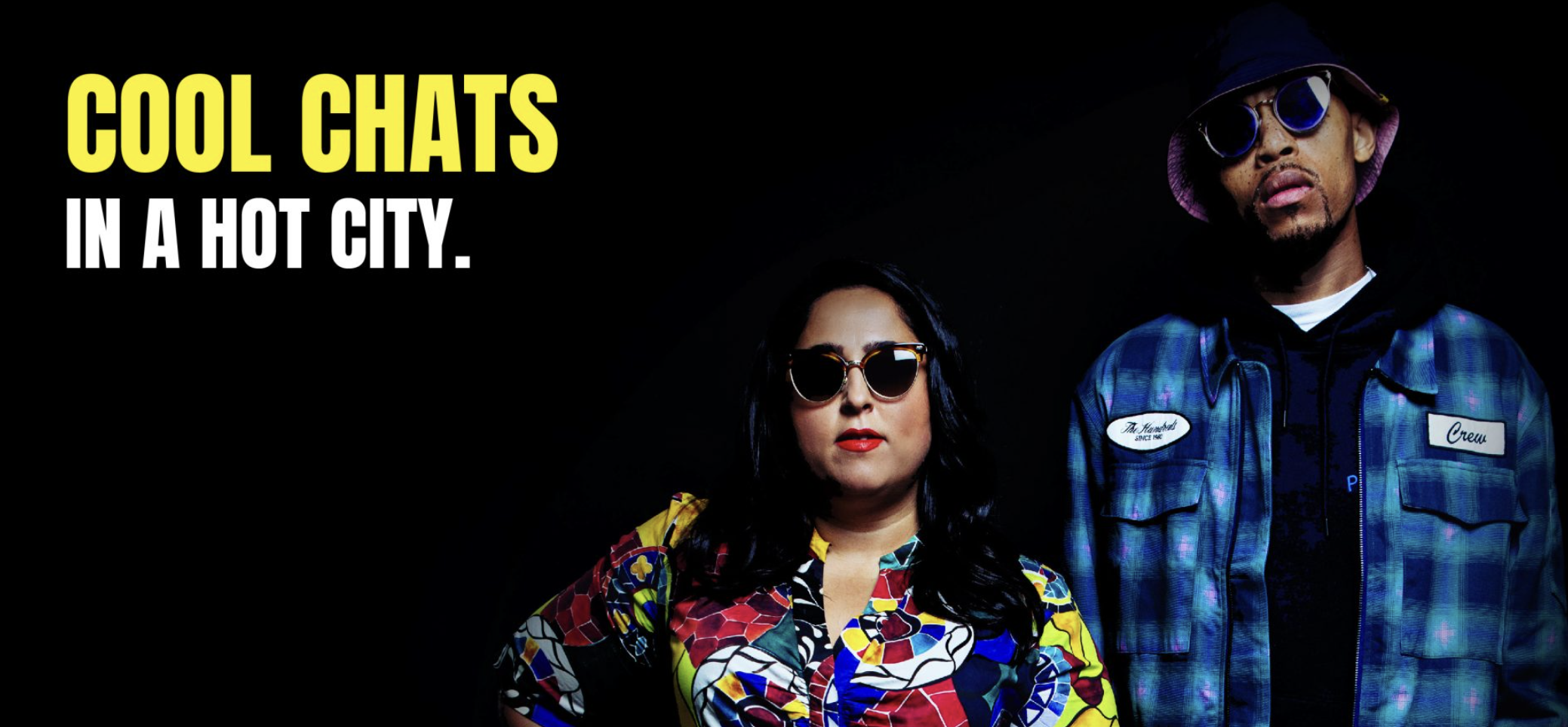
The rest of us met Ben Hurst (co-host of the Climate Curious podcast with Maryam Pasha) when he spoke on the panel at the launch of our speaker agency, Speak Up. The CEO of social media agency Battehall, Drew Benvie (who literally wrote Wikipedia’s first entry on social media) said Ben was the most natural speaker he’d ever shared a panel with. (Another of our brilliant speakers, Love Ssega, is also part of the live show.)
What Daze already knew and that we’ve come to love about Ben and Maryam’s vibe – writ large in the blurb for the LIVE recording at LCAW – is a willingness to be both curious and vulnerable in public; which as anyone who’s been to a live show recording knows, is a large part of the fun. Mistakes will be made.
What if…?
Being curious is the quickest way to learn. Try this, try that. Ask ‘What if…?’ all the time. It’s where we make things better – like the world. To misquote the brilliant Báyò Akómoláfé, the times are urgent: let’s be curious.
You cannot be curious without being willing to make a tit of yourself. It doesn’t mean you will – just that you’re okay with it. Without being okay with uncertainty – being vulnerable – all we have left is grabbing onto certainty. And the problem with certainty, is that there isn’t any. And it’s shit anyway, a cover for holding onto power. Don’t just take our word for it: ask the world’s foremost international think tank, Chatham House.
Or read Todd Kashdan’s book Curious? and you’ll see it can be taught. It can be practiced. You can grow more curious.
So, go exercise your c-muscle with Ben, Maryam, Ssega, Daze and David Lan as they get curious about the role that culture plays in driving climate action. Bloopers, retakes, selfies… your life will be better for it, promise. Tickets here.
Curiosity often needs courage
Curiosity, courage and vulnerability came up as central topics when the wonderful Interdisciplinary Chair of Humanities and Human Rights at Birmingham University, Professor Lyndsey Stonebridge came to visit us at Absurd Towers on Monday, for a deep conversation around her new biography of the life and ideas of Hannah Arendt, We are Free to Change the World.
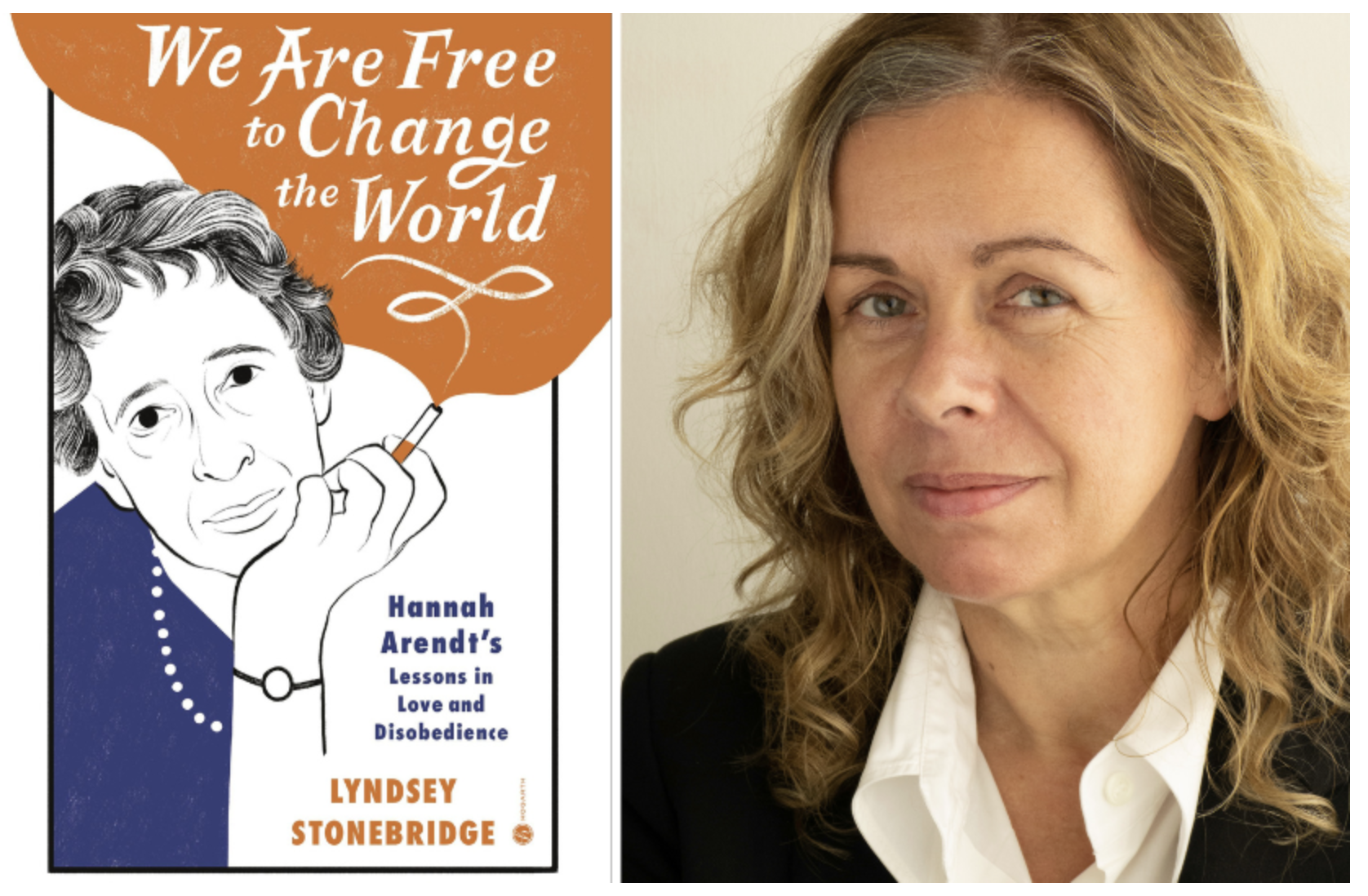
The book is a wonderful accompaniment when figuring out how to think and act. One fascinating part of Lyndsey’s book is where Arendt, one of the greatest minds of the 20th century, lacked curiosity – even as she extolled it as necessary to understand the condition of being human. As Lyndsey writes:
The one question, according to Hannah Arendt in The Human Condition, that must be asked of every newcomer – and every changemaker – in a truly plural world [is this]: who are you? What do your actions and speech – your agency – tell us, who share the world with you, about you?
Where Arendt lacked curiosity was in relation to race and Black people in America as clashes unfolded in front of her in the 1950s – both in Harlem, which she looked down on both literally and geographically from the New York neighbourhood of Morningside Heights (“known for its academic institutions, cultural landmarks, and residential character”), and in the Jim Crow south, where she never visited on principle. In her essay on Little Rock (in the south, Arkansas), she criticised the actions of the Black activists and organisations such as the NAACP (who are still active), as young people were put in the frontline to challenge racism, via school segregation laws. She was widely criticized for her lack of empathy or solidarity. Arendt was unable to ask the question she said needed to be asked: of who they were, and what they were doing with their words and speech, that were different from how she would do things.
Vulnerability in politics
Now, Hannah Arendt had quite a lot on her plate herself, and had experience. As a Jew who fled Nazi Germany, spent a week in the Gestapo cells, then a holding centre, then an escape, while facing the loss of millions of Jews... she had too much, perhaps, to process. Perhaps her casual racism can be understood if not forgiven. Do we all have limits to our capacities to think and feel sometimes? As Lyndsey’s book sensitively explains, for Arendt, forgiveness was one of two acts, along with promising, that Arendt felt essential for a healthy political culture.
It is interesting though that Arendt’s basis for understanding the human condition was, and is, to be curious.
Sometimes curiosity needs courage. Specifically, the courage to be uncertain, to be vulnerable. What we are seeing today in our politics is a pathological, almost psychopathic repression of vulnerability. But the best, most capable leaders aren’t afraid of being vulnerable. (We’re looking forward to reading Jacinda Arden’s memoir – oh, look, another brilliant woman!)
Here’s Lyndsey talking about why she wanted to write a book about vulnerability in politics:
Hannah Arendt, like Aristotle, considered courage the primary virtue. For Aristotle, it is the ‘golden mean’ that was the perfect balance between fear and recklessness.
For Arendt, it is the primary virtue needed in politics – at least a politics of messy plurality, as she thought it necessary, the opposite and antidote to fascism. The courage to accept others as they are, the courage to disobey (and the courage to allow others to disobey), and the courage to act when the law becomes lawless.
Where we see political courage today
It’s this courage that’s at the heart of the anti-ICE activism and ‘No Kings’ protests in the United States right now, Lyndsey suggested: the collective letting the ‘law’ know that they have overstepped the mark.
It is also the kind of courage that Kneecap have shown in ‘allegedly’ protesting the genocide in Gaza, and for which they are appearing at Westminster magistrates court as I type, with our crew Alanna and Charlie there in solidarity this morning. [LIVE UPDATE: Mo Chara has bail, back in court on August 20th.]
These protesters, demonstrators, activists, all enacting civil disobedience, have the courage to redraw the line of the law to where it should be. This kind of courage of neighbourhood defence, as a virtue (not a ‘show of strength’ to be a ‘tough leader’) has been missing from our politics for quite some time.
While it is the courage to stand for what you believe in, it is also the courage to make mistakes and admit to them. The courage to say ‘I’m uncertain’. The courage to change your mind. Authoritarianism shows no curiosity or courage. Trump has a lethal aversion to reading. Vance is a well-known coward. Maybe they’ve also been brought up in a social system where they lack the courage to be vulnerable by respecting others?
If they have, they’ve made the most of it. They weaponise expressions of vulnerability in others for their own gain. They own/feed a media that weaponises shame, fear and indignation to sell your attention to advertisers (enter the Daily Mail, Fox News, Truth Social, GB News, and many others) and which never allows politicians to be vulnerable and admit mistakes. They also massively f*ck over others as they corruptly grift towards crypto-billions.
The ‘rules’ of politics and its surrounding media culture are failing all of us. We need a political reset – we all know it. That will take courage and curiosity.
As a start, go exercise both your c-muscles with Daze and the Climate Curious podcast crew. GET YOUR FREE TICKET!
Elsewhere in Absurdity
- As well as all her curious courage with at LCAW, last week Daze was also on BBC Politics Live and this week she’s hosting Environmental Justice Workshops with Lewisham Council;
- Sophie and Maddy spent three packed days in Bristol meeting with artists, community organisers, musicians, festival directors and systems thinkers interested in getting involved in The Fête of Britain;
- On Wednesday some of the crew were with Carole Cadwalladr, Asif Kapadia and others at Hard Art for a night discussing what can be done about disinformation;
- Then on Saturday morning 4:43am Alex and others will be joining our friend David Johnston at We Don’t Know What This Is to welcome the summer solstice on Hackney Marshes; if you’re interested in hearing more read this.

